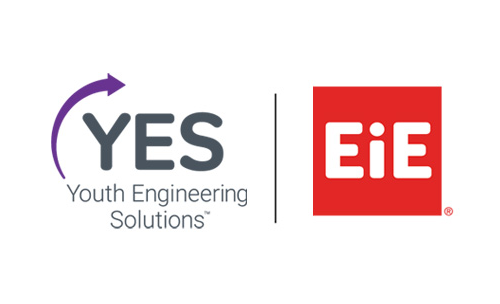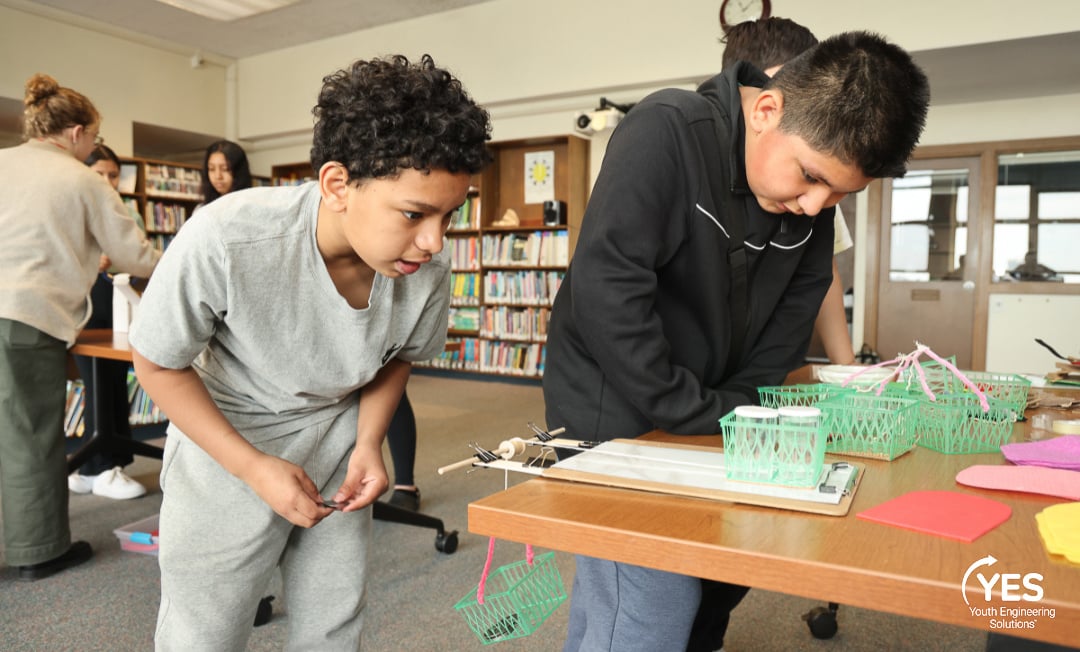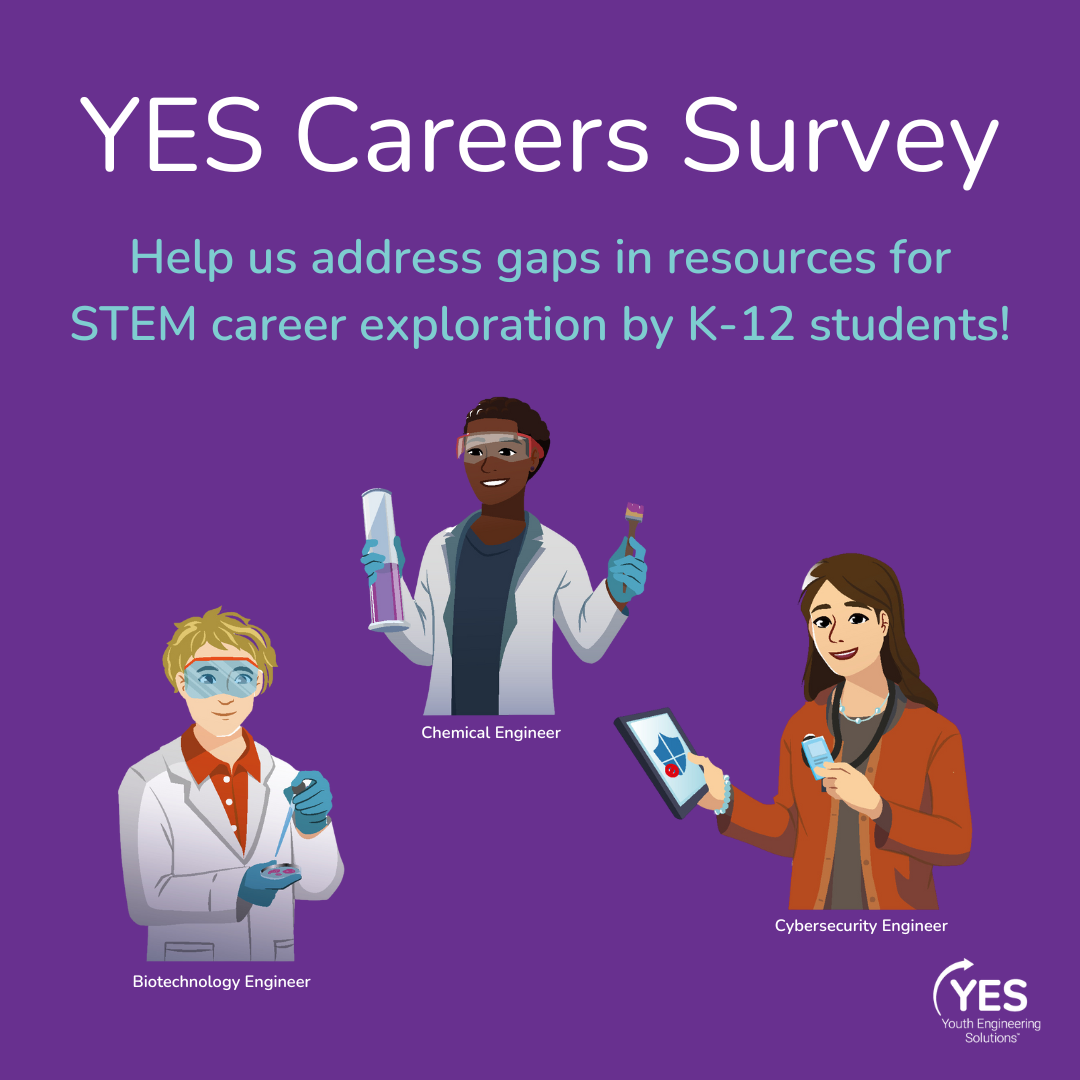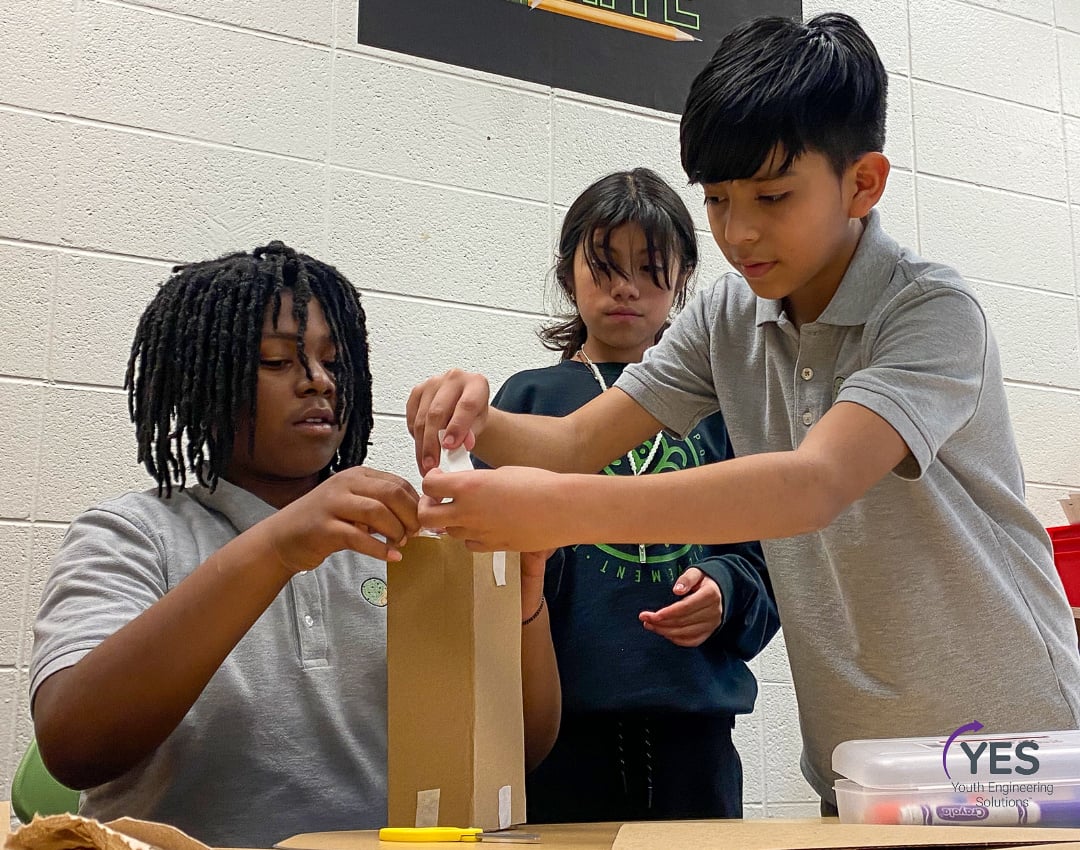Every Thursday, the blog brings you tips and resources for teaching engineering. Today’s guest blogger is Owen Berliner, a senior curriculum designer with EiE.
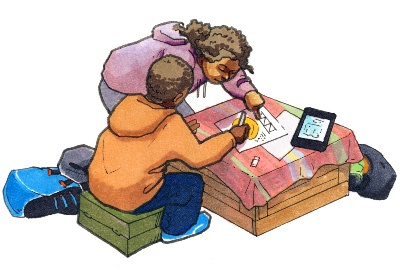 |
We notice that sometimes kids in afterschool just can’t get enough of the topics covered in EiE’s Engineering Adventures (EA) curriculum. Whether it’s planetary science in Liftoff: Engineering Rockets and Rovers, or conservation in Go Green: Engineering Recycled Racers, it helps to have a list of extra resources that can further engage students—and foster deeper understanding of how engineering connects to subjects like science and social studies.
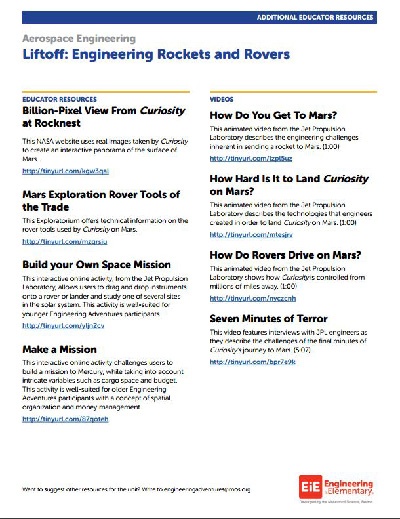 |
To meet this need, we offer downloadable, unit-specific Educator Resource lists on the EiE website. Each list includes links to useful resources like explanatory videos, online interactives, and grade-specific books. Every resource on every list has been carefully selected as both engaging and accurate. To access these lists, select the EA unit you’re teaching, scroll down to “Resources for this Unit,” and select “Educator Resources.”
Explore Outer Space
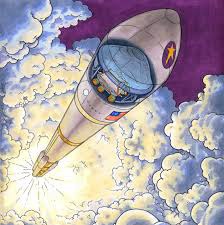 |
Here are some examples of how to use a resource list. If you’re teaching Liftoff: Engineering Rockets and Rovers, try challenging younger participants with the Build Your Own Space Mission online interactive. This activity from NASA’s Jet Propulsion Laboratory allows users to drag and drop instruments onto a rover or lander and study one of several sites in the solar system.
Other kids may be interested in viewing the Billion-Pixel View from Curiosity at Rocknest—an interactive panorama stitched together from photos taken on the surface of Mars. Older students can learn about the next planned rover mission to Mars by reading the Wired magazine article “The Next Mars Rover Will Have Better Lasers and X-Ray Vision.”
Dig Into Recycling
 |
If you’re teaching Go Green: Engineering Recycled Racers, you can make literacy connections by offering students the opportunity to read Why Should I Recycle? by author Susan Meredith. This approachable book explores the “hows” and “whys” of recycling in a conversational style.
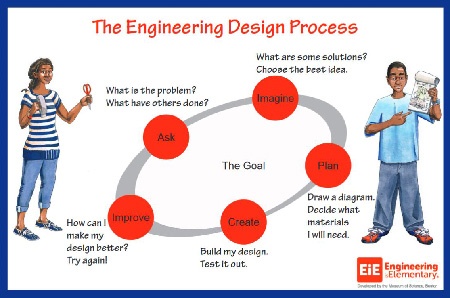 |
Go Green is set in Senegal; your afterschool students can learn more about this nation and the events there that inspired the unit by exploring featured webpages about Senegal and the Dakar Rally. You can also follow a link to the UNESCO publication that highlights children’s toys from Africa made from recycled materials.
Educator Resource lists are available for all seven of our Engineering Adventures units. Explore them today—and let us know about other resources that have worked well in
your program!
Engineering is Elementary is a project of the National Center for Technological Literacy® at the Museum of Science, Boston.
